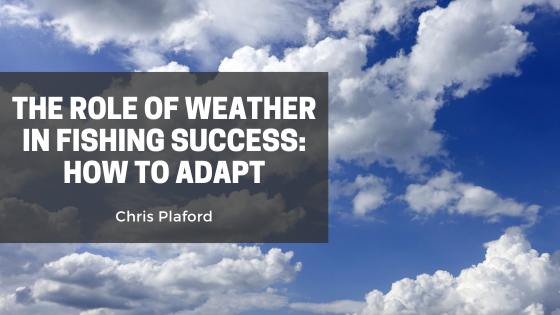The weather is an omnipotent force in the world of fishing. Its capricious nature often holds the key to a successful day on the water. Whether you’re an amateur angler or a seasoned pro, understanding how weather affects fish behavior can significantly elevate your chances of a fruitful catch. Let’s delve into the intricate relationship between weather and fishing success, along with some adaptive strategies for varying conditions.
The Weather’s Influence on Fish Behavior
Fish are highly sensitive to their environment, and weather plays a pivotal role in shaping their behavior. Temperature, air pressure, wind, and precipitation all contribute to how fish move, feed, and react. For instance, a sudden drop or rise in temperature can stimulate fish activity. Similarly, changes in air pressure, often preceding weather fronts, can trigger fish to feed more actively or retreat to deeper waters.
Adapting to Weather Conditions
- Sunny Days: Bright sunshine can be both a blessing and a curse. During sunny spells, fish might seek shelter in shaded areas or deeper waters to avoid direct sunlight. Use lures that mimic natural prey and cast them near structures where fish might seek refuge.
- Rainy Days: Rainfall oxygenates the water and washes insects and other food sources into the water, enticing fish to feed more actively. Try surface lures or topwater baits during light rain or shortly after a downpour, as fish tend to move closer to the water’s surface to feed.
- Windy Days: Wind influences water currents, leading to changes in bait movement. Fish often gather in areas where the wind blows food, making it an ideal time for casting with the wind to cover more water and increase the chances of a strike.
- Changing Weather Fronts: Before a weather front arrives, fish may intensify their feeding activity. Post-frontal conditions, however, could lead to reduced fish activity as they adjust to the changing atmospheric pressure. Slow down your presentation and focus on enticing bites with finesse techniques during these times.
- Temperature Fluctuations: Fish are cold-blooded creatures, so their metabolism is influenced by water temperature. During colder weather, fish might become less active. Consider slowing down your retrieves and using baits that mimic slower-moving prey to entice strikes.
Adaptive Strategies
- Stay Informed: Keep an eye on weather forecasts before planning your fishing trip. Understanding the expected conditions can help you prepare the right gear and strategies.
- Be Flexible: Weather can be unpredictable. Have a backup plan or different fishing spots in mind in case conditions change unexpectedly.
- Experiment: Use a variety of lures, baits, and techniques to adapt to changing weather conditions. Be open to experimenting with different approaches until you find what works best.
In the realm of fishing, adaptability is key. By understanding how weather impacts fish behavior and employing adaptive strategies, anglers can enhance their chances of a successful day on the water, turning a potentially challenging day into a rewarding fishing experience. Remember, it’s not just about the catch; it’s about the joy of being in sync with nature’s rhythms.
